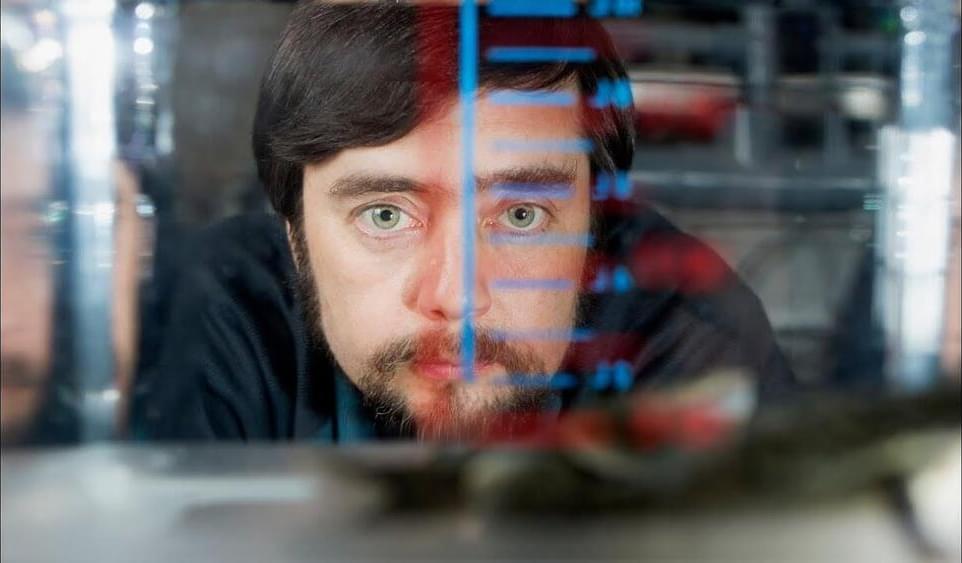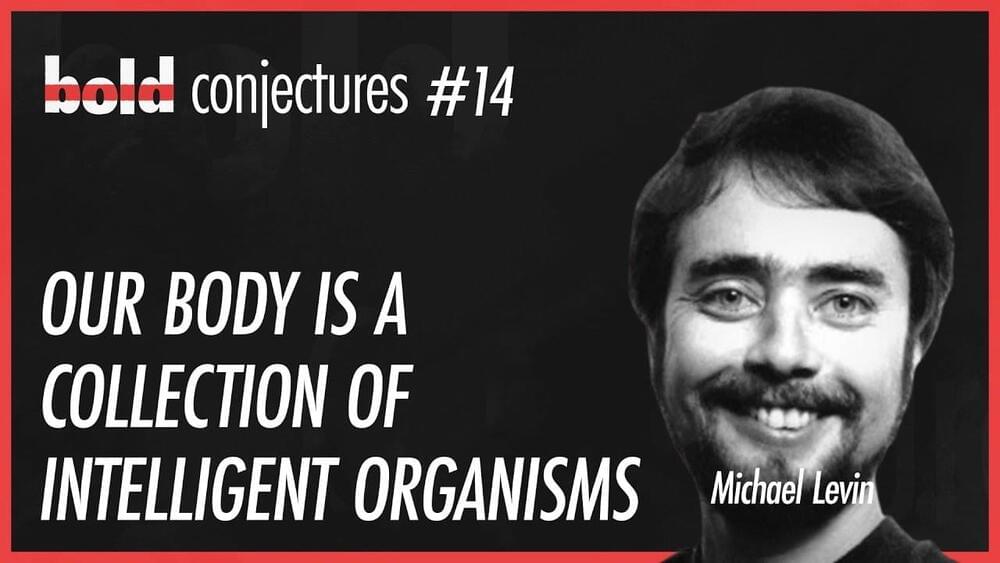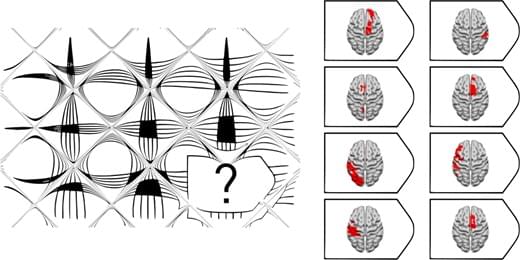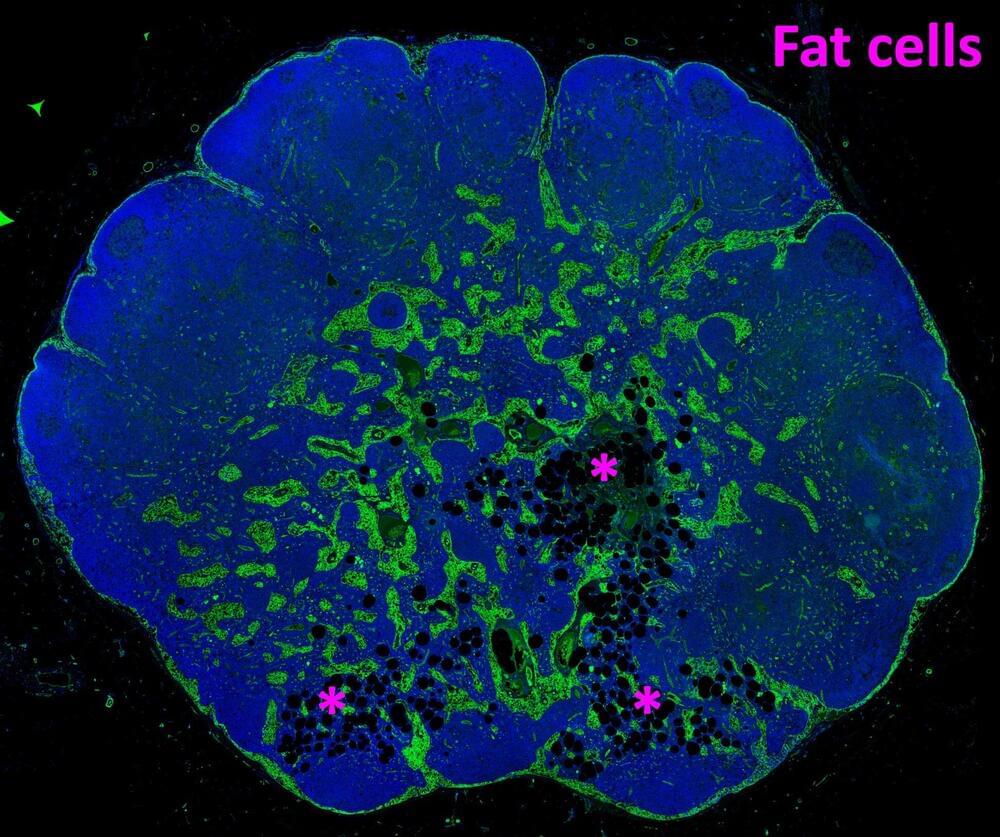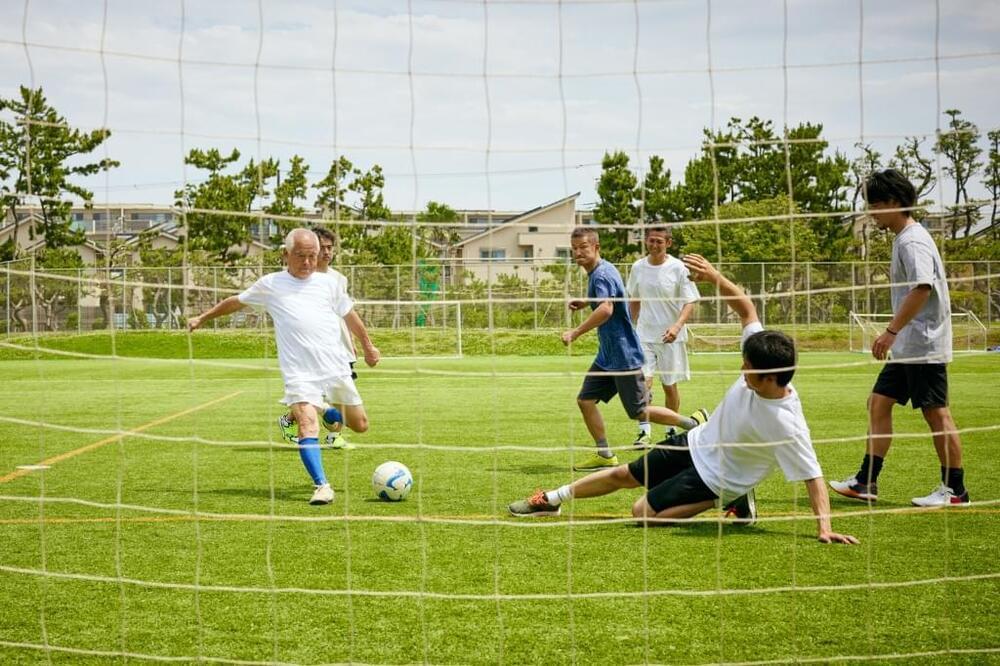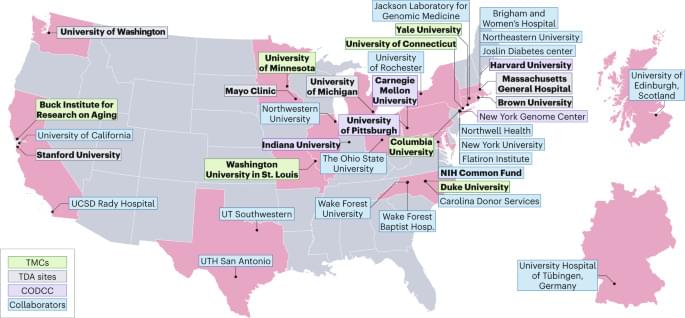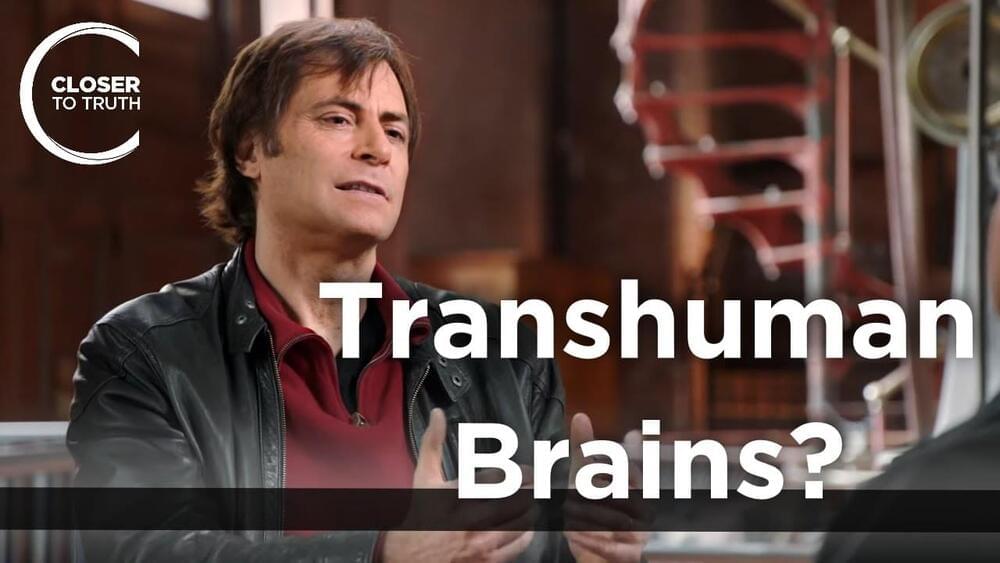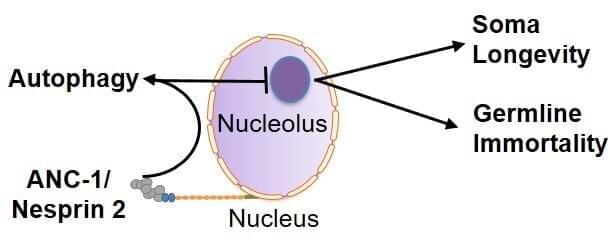Dec 30, 2022
Michael Levin: Anatomical decision-making
Posted by Dan Breeden in categories: biotech/medical, evolution, information science, life extension, neuroscience
Anatomical decision-making by cellular collectives: Bioelectrical pattern memories, regeneration, and synthetic living organisms.
A key question for basic biology and regenerative medicine concerns the way in which evolution exploits physics toward adaptive form and function. While genomes specify the molecular hardware of cells, what algorithms enable cellular collectives to reliably build specific, complex, target morphologies? Our lab studies the way in which all cells, not just neurons, communicate as electrical networks that enable scaling of single-cell properties into collective intelligences that solve problems in anatomical feature space. By learning to read, interpret, and write bioelectrical information in vivo, we have identified some novel controls of growth and form that enable incredible plasticity and robustness in anatomical homeostasis. In this talk, I will describe the fundamental knowledge gaps with respect to anatomical plasticity and pattern control beyond emergence, and discuss our efforts to understand large-scale morphological control circuits. I will show examples in embryogenesis, regeneration, cancer, and synthetic living machines. I will also discuss the implications of this work for not only regenerative medicine, but also for fundamental understanding of the origin of bodyplans and the relationship between genomes and functional anatomy.
